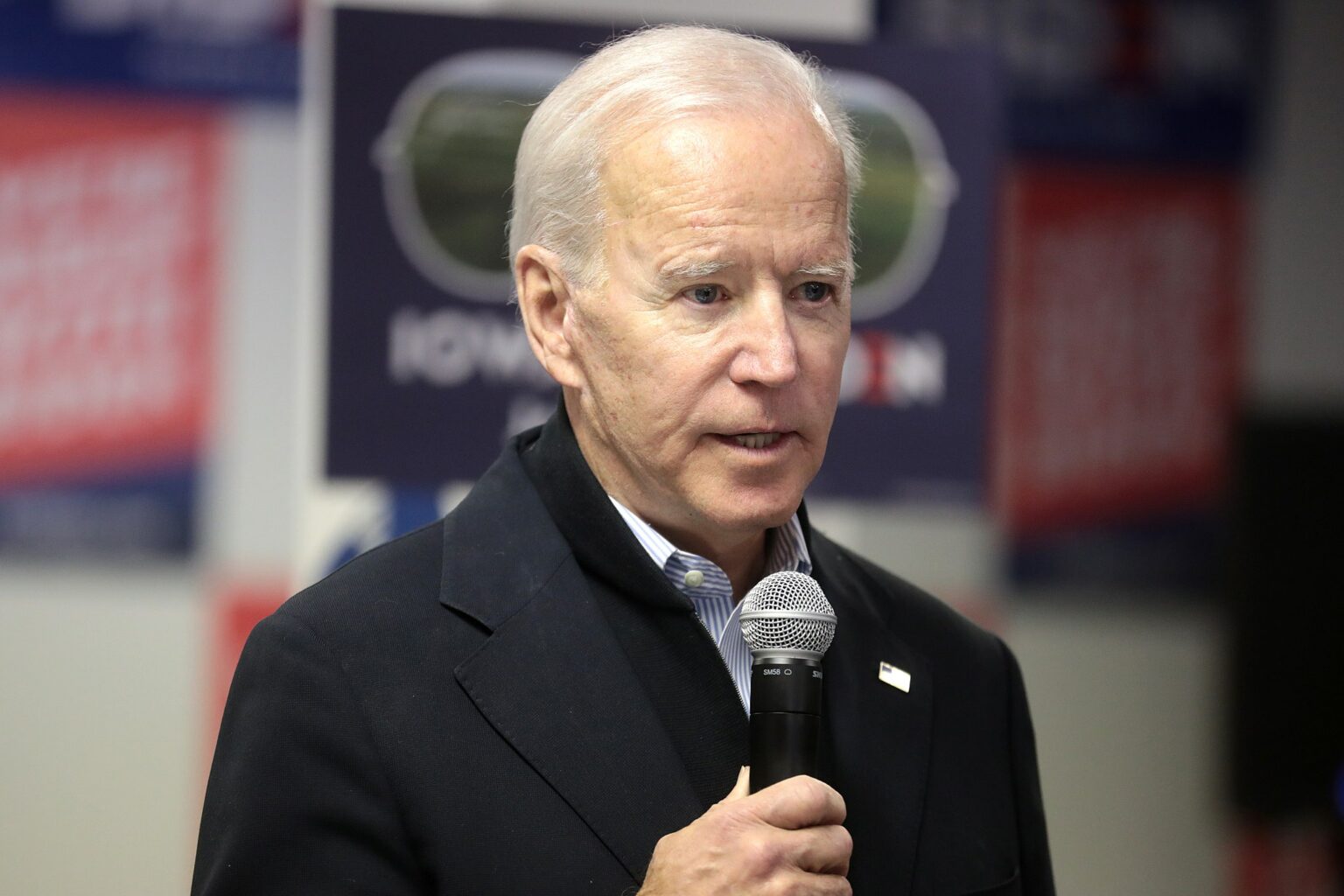They know Biden is done for.
A recent survey conducted by the New York Times/Siena College reveals shifting sentiments among voters who supported President Biden in the 2020 election. According to the poll, a substantial 61 percent of Biden voters now express concerns about his age, opining that he may be too old to effectively serve another term in office. Even among those inclined to support Biden in a hypothetical general election, 59 percent share this sentiment.
The survey, which encompassed a diverse pool of 980 registered voters from February 25th to 28th, unveils a broader trend: 73 percent of respondents harbor doubts about Biden’s ability to carry out his duties effectively due to his age. This skepticism transcends party lines, with 56 percent of Democrats expressing similar concerns. Such findings echo those of previous surveys, which have consistently highlighted apprehensions regarding Biden’s advanced age.
At 81, Biden already holds the distinction of being the oldest-serving president in U.S. history. Should he secure reelection, he would surpass his own record, concluding his potential second term at the age of 86. Conversely, former President Trump, the presumptive GOP nominee, at 82 by the end of a hypothetical term, seems to evoke fewer concerns about his age among voters. Only 42 percent of respondents perceive Trump as potentially “too old” for office.
Interestingly, Trump’s supporters exhibit a markedly different perspective on age and presidential efficacy. Merely 14 percent of those who voted for him in 2020 believe he is too old to serve effectively, with a slightly higher figure of 18 percent among potential supporters in the 2024 election.
Beyond age-related apprehensions, the survey also sheds light on hypothetical matchups, indicating a 5-percentage point lead for Trump over Biden in a potential rematch, with Trump garnering 48 percent of support.
While these findings capture the prevailing sentiments among voters at this juncture, it’s important to note the inherent margin of error of 3.5 percentage points associated with the poll. Nonetheless, the data underscores the evolving dynamics shaping public perception regarding presidential age and effectiveness.
